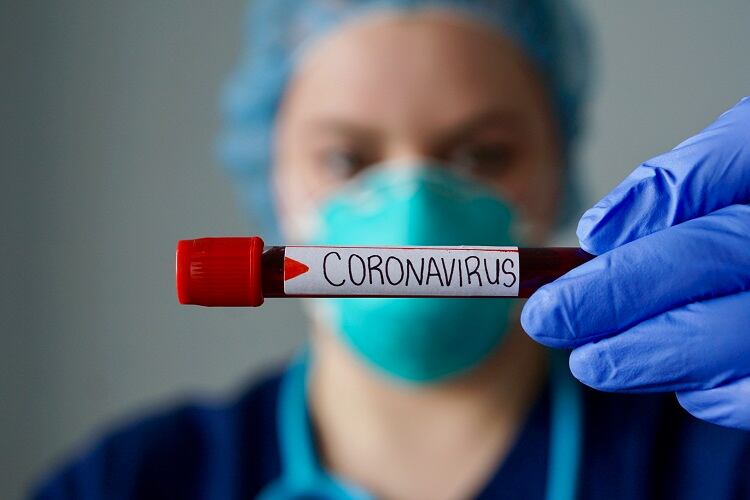The novel coronavirus COVID-19 outbreak – now characterised a pandemic – has swept through China and northern Italy.
As of 15 March, the virus is present in 143 countries and territories around the world, with 153,517 cases confirmed. A total of 5735 people have died.
The virus is spread from human-to-human mainly via respiratory droplets that people sneeze, cough, or exhale. Common signs of infection include respiratory symptoms, fever, cough, shortness of breath and breathing difficulties.
However, consumers around the world have raised concerns the novel coronavirus can be transmitted via food.
The European Food Safety Authority (EFSA) and the German Federal Institute for Risk Assessment (BfR) have both published information regarding known, and potential, coronavirus transmission routes. Each agency concluded that there is currently no evidence of the virus having been transmitted via food.
Now France has gone one step further, detailing how smear infections and poor hygiene can potentially lead to food contamination.
Potential transmission of the virus via food
France’s health and safety agency (ANSES) convened an expert group to investigate whether the COVID-19 disease can be potentially transmitted via contaminated food.
In light of the scientific knowledge available, ANSES has suggested transmission through food could occur if a person infected with the virus prepares or handles food with dirty hands – and contaminates it.
“This could concern all types of food (animal or plant products),” noted the agency. “Furthermore, while there is no evidence to suggest that consumption of contaminated food can lead to infection of the digestive tract, the possibility of the respiratory tract becoming infecting during chewing cannot be completely ruled out.”
As with other known coronaviruses, the novel coronavirus is sensitive to cooking temperatures, ANSES continued. “Heat treatment at 63°C for four minutes (temperature used when preparing hot food in mass catering) can therefore reduce contamination of a food product by a factor of 1,000.”
ANSES has reiterated that cooking food and observing good hygiene practices when handling and preparing food are effective at preventing contamination of the novel coronavirus.


